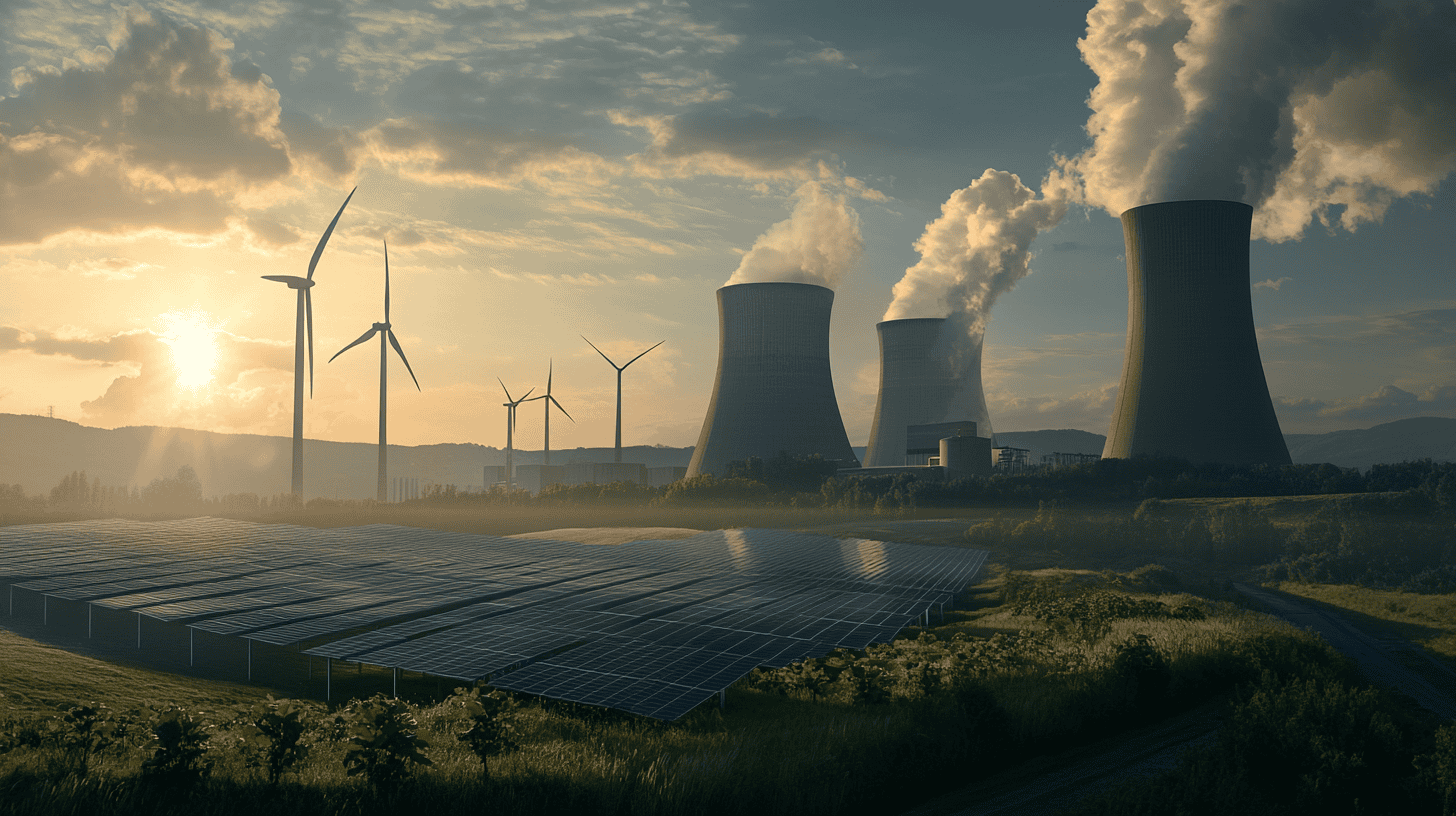
As the world pursues decarbonization, hydrogen has emerged as a potential key player, but its viability is hotly contested. While hydrogen burns cleanly, its production is energy-intensive, and infrastructure costs could be exorbitant. Countries like Japan, China, the EU, and the US are investing heavily in hydrogen strategies, driven by various motives from energy security to political appeal. Yet, skepticism exists among energy economists and engineers due to the inefficiency and high costs of hydrogen projects compared to alternatives. In an in-depth analysis for Foreign Policy Magazine, columnist Adam Tooze underscores the need for a careful assessment of hydrogen projects to ensure the legitimacy of the energy transition.
- Hydrogen is attractive to many as it appears to be a clean-burning drop-in replacement for current fossil fuels
- However, the production of hydrogen is costly, and its storage and transportation are challenging.
- Not all hydrogen projects make economic or environmental sense; often, there is a political motive behind them.
The hydrogen debate
Hydrogen, often hailed as the energy solution of the future, has faced significant scrutiny. Its ability to burn cleanly, releasing only water, makes it an attractive option for decarbonisation efforts. However, the process of using hydrogen as an energy store is inefficient, consuming more energy during production than it stores. The costs of a widespread hydrogen infrastructure could reach into the trillions of dollars, requiring substantial investment.

Despite these concerns, hydrogen is ardently promoted by the Hydrogen Council, a collective of corporate sponsors and governments. This enthusiasm has sparked suspicion among energy economists and engineers, who question the viability of hydrogen in the face of more efficient alternatives.
Hydrogen in practice: A mixed bag of results
Notwithstanding the challenges, hydrogen has found champions in various corners of the globe. Japan, for instance, was the first country to formulate a national hydrogen strategy. Post-Fukushima shock, energy security concerns and a long-standing commitment to hydrogen by key Japanese car manufacturers motivated this turn.
Similarly, in the EU and Germany, hydrogen alliances have been established with potential export countries. However, this has led to concerns of “hydrogen colonialism” and potential human rights abuses. In India, the National Green Hydrogen Mission has faced criticism for lacking public debate and not aligning with climate and social justice goals.
Hydrogen Vs. battery electric: The efficiency standoff
When it comes to energy efficiency, hydrogen faces stiff competition from battery electric vehicles (BEVs). In the Australian mining industry, companies like BHP have chosen BEVs over hydrogen for their next-generation fleets due to the higher energy efficiency of direct electrification. BEVs have an 80% fuel-to-wheel efficiency, while hydrogen trucks show only about 30% efficiency.

The limited interest in hydrogen vehicles isn’t confined to Australia. In the Netherlands, a recent subsidy round received no applications for hydrogen trucks. By 2035, electric trucks are expected to become the norm.
Transportation: A hydrogen hurdle
Transportation continues to be a sector where hydrogen’s promise seems to hit a brick wall. MAN, Europe’s second-largest truck manufacturer, predicts that hydrogen-fueled trucks will only play a small role in Europe’s zero-emission transport future. High costs and maturity concerns have led to a preference for battery electric vehicles over hydrogen-fueled ones.
Despite the skepticism, governments continue to increase subsidies for green hydrogen production. The Dutch government, for instance, has increased subsidies by 1 billion euros for next year alone. However, critics argue these subsidies benefit the fossil fuel industry more than end-users.
Future of hydrogen: An uncertain path
Germany, despite the hurdles, is pushing for the use of green hydrogen in its transport sector. The Transport Ministry has allocated 80 million euros for investments that enable the integration of renewable fuel into mobility. Yet, even here, hydrogen is seen as a supplementary fuel rather than a primary source.
The future of hydrogen hangs in the balance. As Tooze argues, the petrochemical complex in the Gulf of Mexico may seem an unlikely venue for the birth of a green future, but it is only logical that the test of whether the hydrogen economy is a real possibility will be run at the heart of the existing hydrocarbon economy. As the world pivots towards a greener future, the debate around hydrogen continues to fuel discussions on the best path forward.







